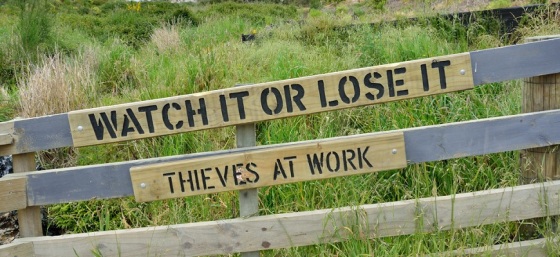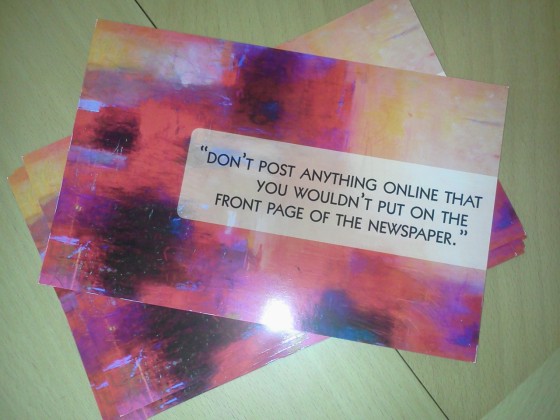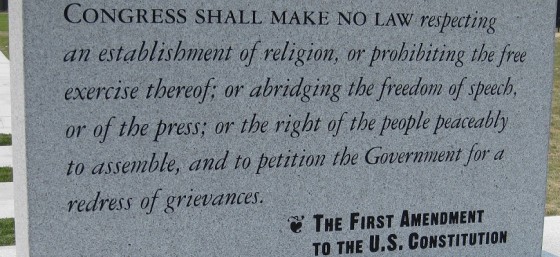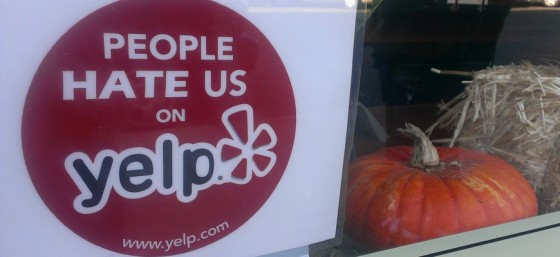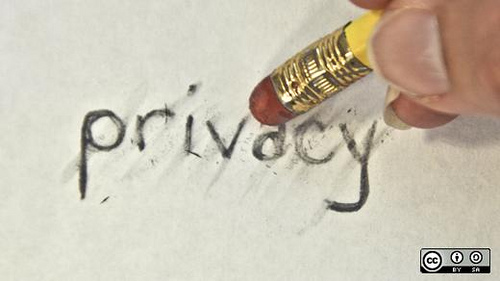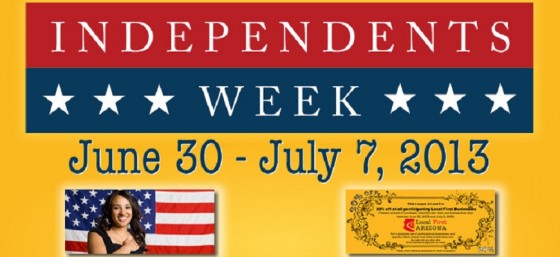The owner of a copyright has the exclusive right to control where their work is copied, displayed, and distributed. If they think that someone is using their work without permission, there’s a good chance they’re going to react. They may be passive aggressive and write a blog post about you. They might b direct and send you an email or call you. If they sell their work for a living, they may just send you a bill. They may also hire a lawyer to send a cease and desist letter, a DMCA takedown notice to your webhost, or they may just sue you.
If you are accused of violating someone’s copyright, the first thing you want to do is examine the situation. What are they claiming is on your site or your materials that belongs to them? Some people will tell you that you can use anything you find on the internet as long as you provide and attribution and a link to the original – and that’s just not true. What you may have done is commit infringement and admit it. So look at the image or text in question and try to determine where it came from. If you created it from scratch, there’s a good chance it’s not infringement. If you got it from someone else, you may have a problem.
In most cases, it’s a good idea to schedule an appointment with your copyright lawyer if you’re accused of committing infringement, especially if the other side contacted you through their lawyer. He/she can examine the situation, explain your options, and help you choose the right course of action for your situation. In most cases, the person who claims you stole their work doesn’t want to sue you. They likely want you to stop using their material, and possibly pay a licensing fee for the time you used it. In many cases you want to respond either as yourself or through your lawyer with what you did or could do to resolve the situation.
There are times where you might want to risk not responding. Some people do this is they think nothing will happen if they ignore the notice from the person claiming you stole their work. Sometimes this is effective. Sometimes it leads the person to escalate and sue you or report your company to a regulatory body that oversees your company. It’s not a decision to make lightly.
So what are the best and worse-case scenarios in these situations? In the best-case scenario, the person making the claim against you is wrong because you haven’t violated their copyright sending a response to that end or ignoring them will resolve the situation. In the worst-case scenario, you’ll be sued (and lose!) for willfully stealing someone’s copyright and sued for $150,000 per image or article you stole, plus the copyright holder’s attorney’s fees.
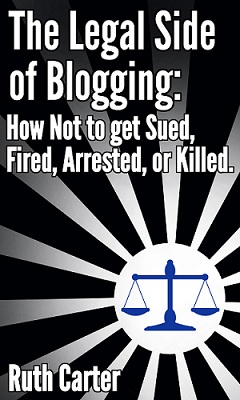 Because the penalties can be so high, you want to be careful when you use other people’s content on your website or marketing materials. You need to be sure that you own or have permission to use content created by third parties.
Because the penalties can be so high, you want to be careful when you use other people’s content on your website or marketing materials. You need to be sure that you own or have permission to use content created by third parties.
If you need a legal resource on this topic or anything related to the laws that apply to social media, I recommend my book, The Legal Side of Blogging: How Not to get Sued, Fired, Arrested, or Killed. It covers a lot of the major issues that apply to copyright and the internet. If you want to chat more about this topic, feel free to connect with me on Twitter, Facebook, YouTube, LinkedIn, or you can email me.
Please visit my homepage for more information about Carter Law Firm.
